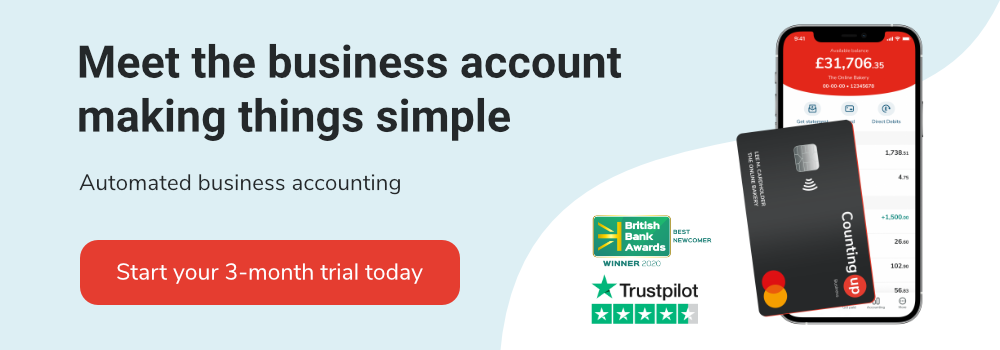The changing role of an accountant: Part 1
Table of Contents
For nearly a decade I’ve worked with accountants. That period began at ICAEW where I worked with mainly SME practices supporting them as they trained ACA students. During that period I saw the ACA undergo one of its regular updates to ensure the syllabus kept pace with the way the role of an accountant was evolving.
The evolution of the role of an accountant has continued. Indeed my own role has evolved. I started as a commercial lawyer, worked with accountants at FreeAgent and now I’m CCO at Countingup, the first business account that automates accounting, so I have some first hand experience of role evolution.
Flexibility
The accountancy profession is one that I believe is incredibly flexible. I can’t think of many professions that are more subject to change. There is new technology to deal with, new legislation to understand and advise on, and increasingly a demand from clients for different services, advice and methods of communication.
This continual evolution, I think, is the reason I’ve been asked the following question pretty frequently as I’ve demonstrated new technology, such as Countingup to accountants:
“That looks great but if the client can do those tasks themselves why do they need to work with us?”
Whilst the answer varies depending on the firm there are certain things that clients increasingly want from their accountant. New clients want the onboarding process to be as efficient as possible. They want advice and recommendations about issues such as business structure, software (not just accounting software) and banking and financing options.
Advice on a wider range of issues
As well as wanting advice on structure and systems that are the traditional focus of accountants they may also want recommendations of other professionals to use. For example web designers, IT consultants, digital marketing specialists, HR advisers and lawyers. Many accountancy firms now offer those services in-house. If that isn’t your strategy then you’re going to need to ensure that you’ve got a network of advisers to draw on.
As mentioned above there’s a lot of focus on moving to advisory work, which is absolutely valid. However compliance and tax is not so straightforward that every small business owner will be able to cope with it by using good software. Making Tax Digital (“MTD”) is going to mean that a lot of small businesses are going to need to radically change their record keeping.
These businesses will look to their accountant to guide them through this transition. Not only in terms of recommending software but also providing ongoing support and training. Let’s also recognise the reality that there will be lots of clients who simply don’t want to get involved with bookkeeping or accounts at all.
Clients value their accountants
I would suggest that the answer to the question varies depending on the individual firm, their strategic goals and of course their clients. My response is likely to be “tell me why you think your clients should want to work with you?”. Or even better carry out a client survey, which is what many firms already do. I would guess that there are a lot of accountants who are undervaluing just how important they are to their clients.
In this piece I’ve focused on the changing role of accountants in relation to client facing activities. In my next piece I’m going to look at the changing role of accountants when it comes to the operations side of a practice.
The points I’ve raised above are based on the experience of the Countingup team and conversations we’ve had with our accountants over a number of years. However, we are fully committed to gathering (and more importantly listening to) feedback.
If you would like to speak to me about Countingup or any of the points raised above please send me an e-mail to andrew.garvey@countingup.com. Our partner programme is now open for accountants to join.
You can download the Countingup app and get an account for free today. Download for iPhone or Android. Learn more at countingup.com
Receive actionable business tips weekly
By submitting this form, you confirm that you are 16 years of age or over and that you have read and agree to our Privacy Policy. You can unsubscribe at any time.




